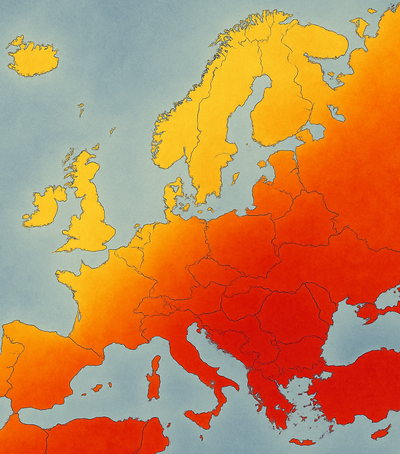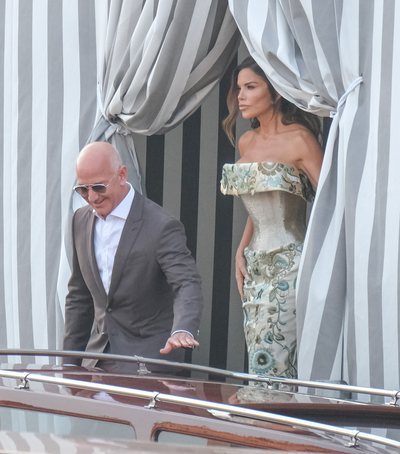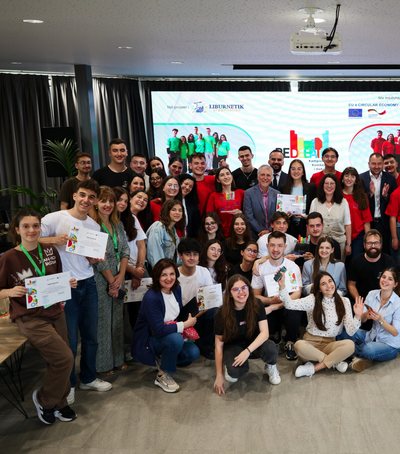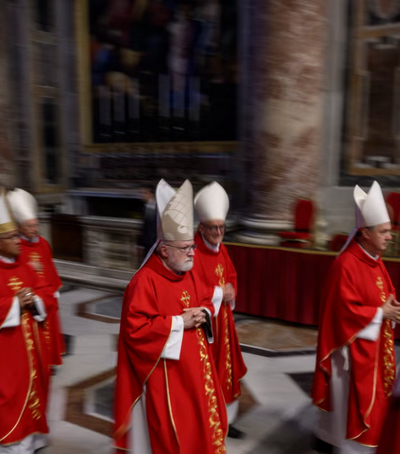
By Enver Robelli
The German chancellor trembled for the third time. And her primitive critics have begun to celebrate its end. In the Internet age, the media play their ruthless game. We are living at a time when weakness is not endured, but used to despise the other. But the moments of weakness tell us that there is no post-heroic body, as the internet mobs can assume.
For the third time German Chancellor Angela Merkel is trembling. For the first time during the reception of the new chairman of Ukraine, Volodymyr Selenski, the second time with German President Frank-Walter Steinmeier, the third time alongside Finnish Prime Minister Antti Rinne. On Thursday, Merkel hosted the Danish Prime Minister, Mette Frederiksen. The two women heard the hymns sitting in the chair. This was a premiere.
The questions have not stopped. What does Merkel mean, the media are asking. His private life was respected, the right to protect the personality from the wild curiosity of the public. Merkel has denied having health problems. She said she was aware of the importance of her post, and if it was a serious situation, she would say something.
The frequency of vibrations, recently this week, has led to speculations. In the spectacle of the moon, distant diagnoses flourish. Twitter is rapidly shaping the hashtag #Zitteranfall. Chancellor hackers are distributing the video uninterrupted, where Merkel is seen trembling. Curse follows: "I hope that he will die in the next vibration." "The third truth - now let them warm." "Do not bother me ... stay in hell!" In the swamp of the internet there are no rules. Every idiot says his own "thought". "How much, ladies, chancellor?" Asks the newspaper "Bild", a ruthless champion of brutal titles. "Focus Online" has found this explanation: mother's death in spring and now shaken Merkel. In the Internet age, the media play their ruthless game. We are living at a time when weakness is not endured, but used to despise the other.
In the Albanian public, the dose of brutality is even higher. Resignation among politicians is disgusting. Personal attacks are yes. Defamations always on the agenda. Not a few journalists revolve around as pitbulls of organized crime networks and bite according to the order and interest of the "employer." Result? Loss of credibility of politicians and, unfortunately, of journalists.
Bernhard Pörksen, a professor of media at the University of Tübingen, in an essay published in Die Zeit writes that today's media are structurally indiscreet. Unlike it was in the time of Franklin D. Roosevelt, US president between 1933-1945. Roosevelt was tied to the invalid wheelchair, he was paralyzed, but most Americans did not know this in his life. Roosevelt wanted so and he took care of the control of the photos and images. "The media revolutionize our perception. And so they change our world. Authority and charisma, aura and image are basically related to the ability to successfully control information, "writes Pörksen. It is not the intention to hide everything, but not even everything unfolds without having the exact information about what it is about. Two hours after the commemoration ceremony for the September 11th victims, the whole world learned that Hillary Clinton was a little nervous. These moments tell us that there is no post-heroic body, as the internet crowds can assume. / Taken from dialogplus.ch/





